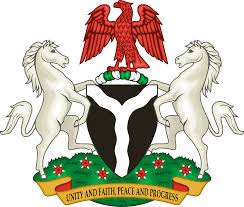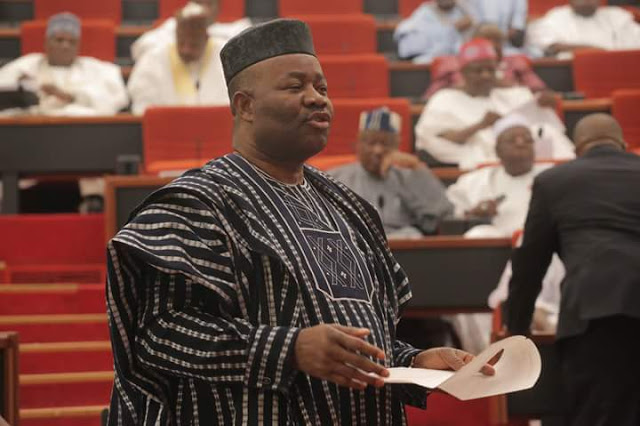The Nigerian Customs Service (NCS) has revealed that the Office of the National Security Adviser (ONSA) recorded seizures estimated at over N11billion in the ongoing joint border operation codenamed “Exercise Swift Response.”
The NCS also said that arrests were still being made in the North-West, North-Central, South-West and South-South sectors.
Deputy Comptroller, Joseph Attah, who disclosed this yesterday, said that as of August 31, 2020, about 1,243 irregular immigrants and 622 suspected smugglers had been arrested.
Also, 134,042 bags of parboiled foreign rice; 9,600 bags of NPK fertilizer; 1,791 vehicles; 3,565,461.9 litres of PMS; 5,007 drums filled with PMS; 68,436.3 Jerry cans of PMS; 130 engine boats; 847 motorcycles; 17,212.6 Jerry cans of vegetable oil; 813 packs of Tramadol and 274 bags of cannabis, among other items, had been seized.
According to Attah, the joint border security exercise has saved the country huge resources and enhanced national security, especially as it has curtailed the smuggling of drugs and proliferation of small arms and light weapons, which are drivers of terrorism and other forms of criminality.
The NCS and Nigerian Immigration Service (NIS), in collaboration with the Armed Forces of Nigeria (AFN) as well as the Nigeria Police Force (NPF) and other security and intelligence agencies, coordinated by the Office of the National Security Adviser (ONSA), began the operation on August 20, 2019, to enforce the Federal Government’s closure of the borders and to curb the activities of smugglers.
It has exceeded its timeline of one year, as it was initially designed to last for 28 days but was later extended by President Muhammadu Buhari to January 31, 2020, on the ground that a few strategic objectives were yet to be achieved.
The deputy comptroller said the exercise had made it more difficult for terrorists and other criminals to acquire arms and ammunition, and for other dangerous elements from outside the country to find their way into Nigeria through the land and maritime borders.
Attah added that the exercise had boosted the production of agricultural produce, especially local rice, tomatoes, maize, and poultry, thereby stimulating the growth of the economy.
Source: Guardian Newspaper




